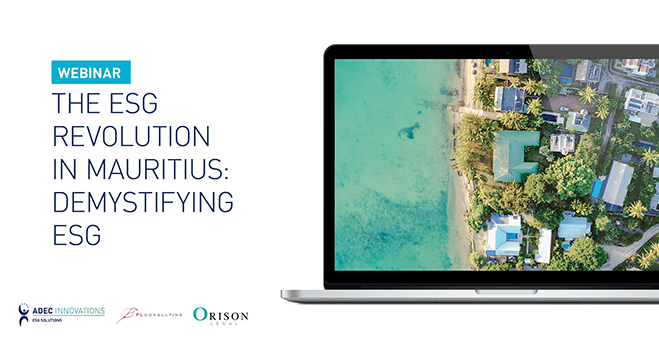In our February 2016 issue of Greenwatch, we discussed how information and communications technology (ICT) was essential in achieving the Sustainable Development Goals (SDGs) by 2030. We reported the overwhelming conclusion that the SDGs can only be realized with greater progress in the speed, degree, and equality of development in ICT. This progress in ICT can lead to acceleration in meeting targets in key areas such as financial inclusion, education, health, energy, and climate change. This article takes a look at financial inclusion and education, and gives key points on how ICT contributes toward their advancement.
Financial Inclusion
Financial inclusion is an important driver in the attainment of many SDGs.
So how exactly can ICT advance financial inclusion?
- The main barriers to banking are high service costs, lack of monetary funds, lack of confidence in financial institutions, lack of proximity to financial institutions, and not having the required documentation to access financial services. ICT, particularly mobile money, can overcome these barriers for those who are “unbanked.”
- Financial services delivered via ICT present one very distinct advantage. They allow for services to be cost-effectively scaled through infrastructure, such as mobile-broadband, without the need for a physical site to conduct transactions. People unable to access banking and other financial services at a brick and mortar site can obtain an account online to conduct basic transactions, such as money transfers and bills payments, and avail themselves of services, such as loans and insurance.
- ICT can foster enterprise productivity through e-commerce. This sort of financial inclusion can bring about new market opportunities for SMEs and rural enterprises, overcoming barriers such as prohibitive service costs, high interest rates, and problematic middle men. The increased access to market information and new markets through online platforms will also boost productivity in more remote regions and localities.
- ICT can strengthen domestic financial institutions through digital infrastructure, thereby expanding access to banking, insurance, and financial services for all. Financial services can then facilitate and integrate greater trade and economic activities that normally occur informally.
Education
The goal to advance education is expressed in SDG 4 – “ensure inclusive and equitable quality education and promote lifelong learning opportunities for all.” Skills training and quality education are essential to a prosperous and inclusive society. Studies have shown that the stronger a country’s average test scores are, the faster its economy progresses.
What can ICT do to help?
- ICT can advance many aspects of education through eLearning, distance training, distance learning and massive open online courses (MOOCs).
- Teacher training, local curricula, local-language instruction, monitoring, and assessment of student performance, education systems management, coaching and mentoring – advances in ICT can accelerate progress in these areas of education by overcoming physical limits. Through ICT, world class education and teaching resources are now available anywhere through multiple ICT channels of content delivery, including internet and mobile-broadband.
- Mobile learning has become an alternative learning space and form of education delivery that provides quality learning anywhere without the need for a traditional classroom.
- With adequate financial resources, developments in ICT can provide cost-effective and innovative platforms for curriculum development, teacher training, classroom instruction, mentoring, tutoring, and real time collaboration and knowledge-sharing.
Disruptive progress in sectors such as financial inclusion and education will not be possible without ICT. To achieve the Sustainable Development Goals by 2030, ICT’s potential in these sectors needs to be nurtured by policies that support the roll-out of ICT infrastructure and businesses.
ADEC ESG helps organizations recognize business drivers for sustainability practices. To stay current on global sustainability issues, subscribe to our monthly newsletter, GreenWatch.




